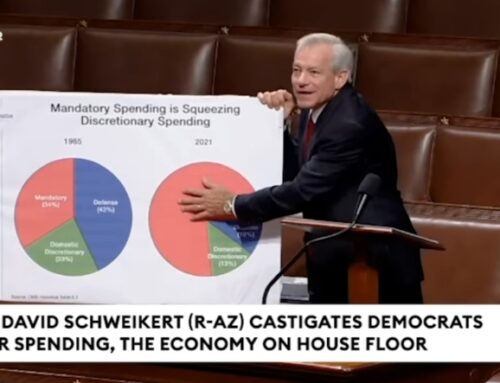When the Constitution was ratified, state legislatures voted into office their state’s United States Senators and only members of the House of Representatives were elected to serve by popular vote. By the end of the nineteenth century farmers, shopkeepers, lawyers, and other members of America’s middle class believed that the United States Senate was a millionaire’s club, controlled by corrupt businessmen and politicians. How did the popular election of the United States Senate become law? The answer: by the overpowering tide of public sentiment to democratize American government and rid the Senate of corruption by making its members directly answerable to the voting American public and insure that “corrupt politicians and businessmen could never again control the Senate”.
By the 1890’s candidates who served in public office were chosen by delegates “who attended the local caucus meetings and were sent to vote in state and national conventions”. One of the results of this system is that it allowed political professionals to “dominate the election process and choose which candidates served in public office”. American reformers believed that these “candidates” placed corporate and financial interests above their own, that party members worked together to manipulate the tariff and all legislation to give corporate interests “full and free license to loot the country”. This belief was reinforced by the fact that U.S. Senators were convicted of corruption and interceding on behalf of private interests.
Initially, the Populist Party introduced the concept of “direct election of United States Senators” but this group which represented American agrarian interests was never able to successfully implement its party platform. The Progressive Movement, too, fought to democratize government and its members supported the passage of the 1)direct primary, which called for the nomination of candidates by the vote of party members, 2)the initiative, which allowed voters to enact laws directly by petitioning to have a measure placed on the ballot and the 3) referendum, the measure was voted on by the public. By 1912 many states adopted the party primary in electing U.S. Senators and beginning in 1894 the House of Representatives adopted four times an amendment for the popular election of Senators. Finally, the Senate passed the seventeenth amendment in 1912 and it was ratified by the states in 1913.
Americans hoped that political corruption in the United States Senate would be curbed by the popular election of Senators. Their remedy no longer works, if it ever did, and Americans find themselves searching for other viable options to curb corruption in the United States Senate and House of Representatives. Repealing the seventeenth amendment may not be the viable option that Americans seek, perhaps it is time to aggressively fight for term limits.
Sources: 1) Paul Boyer, ed. The Oxford Companion to United States History. New York: Oxford University Press, 2001, pp. 623-624. 2) Maureen Flanagan. America Reformed: Progressives and Progressivisms 1890’s to 1920’s. New York: Oxford University Press, 2007. 3) George Brown Tindall and David Emory Shi. America: A Narrative History. Brief, 7th Edition. Volume 2. New York: W.W. Norton and Company, 2007.
By Cassandra Farrell
Richmond Tea Party Supporter





